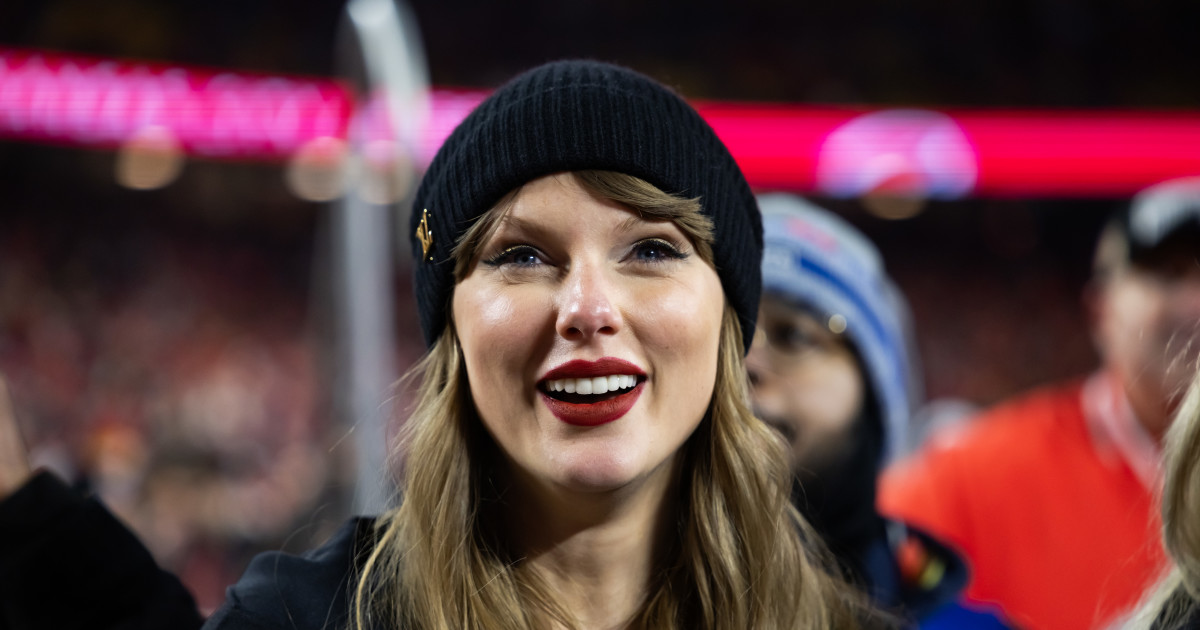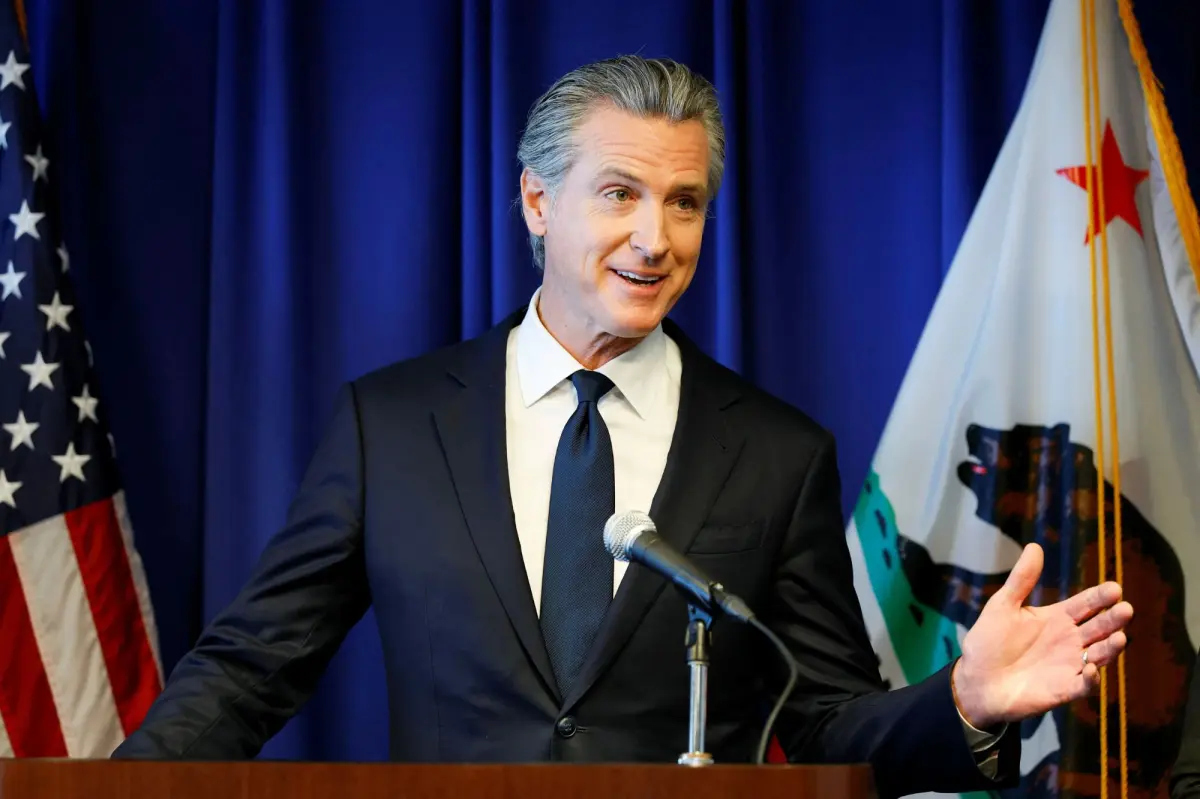Copyright The Boston Globe

The nagging feeling is common these days among people hoping to achieve the signifiers of a traditional middle-class life — college, car, house, kids. But at a time of low unemployment, in a state where the median household income tops $100,000, it can be hard to put a finger on why. Yes, there are the obvious economic factors making it harder to get ahead: Stagnant wage growth. High interest rates, inflation, and now tariffs. The ever-rising costs of health care, housing, and child care. Student loan debt. But there’s something else. Tringali sees it. A lot of other people do, too. “You go on social media and every weekend someone is getting married, someone is in Italy, or someone is in Europe, having all these milestones,” he said. “Meanwhile, I’m doomscrolling through all these big life moments for all these other people and I’m still living at home.” Economists describe the current state of the markets as “K-shaped.” For the wealthiest among us, the stock market has been on a tear, and investment portfolios have been reaping the spoils. In the US, the top 10 percent of earners now account for nearly 50 percent of all spending. These super-consumers are both highly visible and frequently catered to by companies that see them as profitable customers. Yet at the same time, middle- and lower-income earners’ confidence in the economy is faltering, with the University of Michigan’s consumer sentiment index dipping to 53.6 in October, down from 70.5 a year ago. While Americans’ fortunes are veering on vastly different trajectories, they do meet in one place: Social media. Instagram, TikTok, and other social media keep us posted every time a former co-worker takes a fabulous vacation. Now the algorithms increasingly feed us more from people we don’t know, and precisely targeted digital marketing campaigns tell us to want better stuff and more of it. The constant stream of images from other people’s best lives can make it feel like yours doesn’t quite stack up. It’s a familiar concept: The grass is always greener on the other side of the fence. Only in this case, you can see every lawn in America. “It becomes a quick have and have-not type of mentality,” said Max Yochum, a data analyst from Eastham. The 37-year-old grew up upper middle class in North Carolina. He and his partner together earn about $170,000 and can afford their rent and vacations. He likes his job, but it doesn’t feel like a career. Having kids? Not in the equation. It’s not a bad life, Yochum said, but it feels somehow less-than. And he and his partner find themselves comparing their lives to others they know online. “Social media makes it so that it’s almost like an unconscious thing that you do,” he said There have always been rich and poor, of course. And at some level, social media is simply reflecting a society that has grown more stratified over the last few decades. But these digital portholes offering a constant peek into the lives and homes of our friends, neighbors, and random acquaintances are relatively new. They’re a daily reminder of what other people have, and what you don’t. A recent survey by wealth management firm Edelman Financial Engines found that 27 percent of respondents reported spending more than they should due to the influence of social media. One in four said they feel less satisfied with their own wealth because of what they see online. “Social media really is reshaping how Americans perceive financial success,” said Andy Smith, the firm’s executive director of financial planning. He likens it to the 24-hour news cycle. Incessant social media, he said, creates a constant sense of “peering into these lifestyles that we all knew existed, but we never knew how they existed.“ In the past, said Tali Sharot, a cognitive scientist who runs the Affective Brain Lab at MIT, you knew how well your neighbors were doing when something big happened — if they put in a pool, had a fancy golf club membership, or came home with a shiny new car. Now the reminders are constant, on your phone, and often with price tags still attached. They’re haul videos, Get Ready With Me’s, and kitchen renovation reveals. A $15,000 RushTok outfit, or a 13-year-old’s birthday party that cost a quarter-million bucks. The constant flood of high-end content “makes you believe that you are less than others” even while your own income level has stayed consistent, Sharot said. “It makes you feel that you’re in a lower place.” Meanwhile, many people have developed bigger expectations of what a better life should look like. The average new home is 50 percent larger than it was in the 1970s. College can be a four-year luxury experience. Demand for organic food is booming, and priced accordingly. For many in the shrinking middle class, it’s easy to feel like you’re falling short. Sarah Philbrick knows this first hand. A demographer at the Metropolitan Area Planning Council, Philbrick has studied how the social stratification in Greater Boston has become more warped over time. “The extreme bifurcation of income is just getting worse,” she said. And despite her intellectual understanding of the data, the 33-year-old still feels an anxious tug when she scrolls online. Philbrick describes her Hyde Park household as just above the middle-income band, and said she and her wife often struggle to figure out how people make the math work — like this summer, when she saw photos from a friend’s elaborate vacation. “We see other people we’re, ‘Like how do they do this?’” Philbrick recalled. “Either they have family money or are going into credit card debt, but I honestly don’t know.” But a thing Philbrick does know: The United States is wealthier than ever before, and few places are wealthier than Massachusetts, at least on paper. The median household income is just under $100,000. And there are more than 600,000 people here with a net worth north of $1 million, according to progressive research group Raise Up Massachusetts, a number that jumped 39 percent between 2022 and 2024. Those numbers, though, obscure a yawning gap between rich and everyone else. And even for the relatively well-off, the reality is a lot of that wealth is in illiquid assets — homes or 401ks — that can’t be tapped to deal with rising prices. Meanwhile soaring housing costs, which minted many of those paper millionaires, mean that many who don’t own a home feel locked out, permanently. “I definitely think when people think of the American Dream it’s the whole idea of being able to afford a house — a small two- or three-bedroom — and being able to get married and have kids,” Tringali said. “But in Massachusetts and New England that’s kind of out of touch.” Also out of touch: the lives we see on many forms of media. From Instagram influencers to glossy magazines in supermarket checkout lines, extreme affluence is on display all over pop culture, showcasing products that promise status and happiness. Billionaires are practically celebrities, and celebrities put their daily lives on display. TV, too, is equally wealth obsessed, said Edelman’s Smith. Popular shows like "The White Lotus" and “Succession” and “And Just Like That” wink and poke fun at the rich, but also portray the trappings of wealth in great detail. Writer Sophie Gilbert lamented in The Atlantic earlier this year that “money is ruining television," where “glossy scenes of sleek couture and property porn upstage the intrigue of the plot.” The combined effect of rising inequality and economic stress, and the ubiquity of rich or seemingly rich people on the internet and society writ large, can result in people feeling poorer than they actually are, a concept called “money dysmorphia.” A study from Qualtrics released last year found nearly a third of Americans cop to experiencing financial inadequacy. The sentiments are particularly acute, researchers say, among Gen Z and millennials, whose path to adulthood was pockmarked by the global financial crisis and the COVID pandemic. This is something that Clovis Castro, of Wakefield, thinks about often. The 40-year-old construction contractor said his monthly budget is 30 to 40 percent more than it was just a few years ago. Dinner at Chili’s with his wife, he said, used to be $40. Now it’s more like $60. Meanwhile, he spends his days building tiny apartments that will rent for sums he can’t afford. Castro said he tries to be happy with what he has, but it can be tough sometimes. “I think people feel more obligated to become wealthier, wanting more,” he said. Even if you have a house and a car, he said, “you’re still not satisfied, because you see millionaires out there influencing your life.” Video by Olivia Yarvis.



